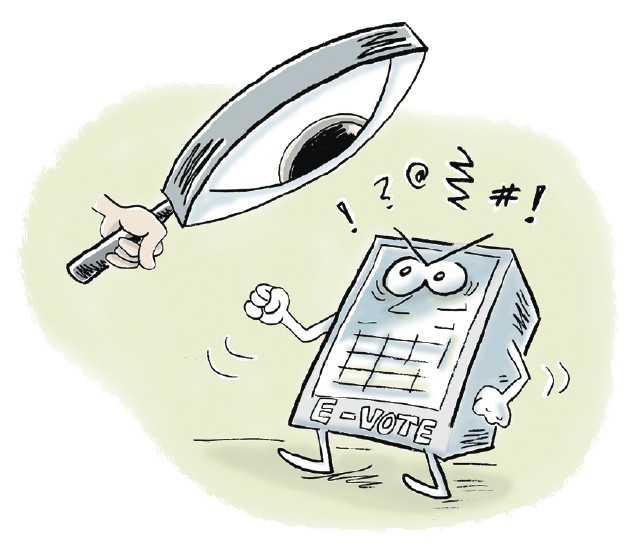Before last Tuesday, only a rich man could get a recount in New Mexico. The New Mexico Supreme Court invalidated a 2005 law last week that gave the state canvassing board power to require candidates requesting a recount to pay the full estimated cost up front–a sum upwards of $1 million.The law was enacted shortly after the 2004 Presidential election, when Green Party and Libertarian Party Presidential candidates David Cobb and Michael Badnarik requested a recount because they claimed faulty voting machines had "undervotes" of more than 21,000. Undervotes occur when a voter tries to cast a ballot for one candidate but the machine records the other candidate or leaves the vote for president blank. In the 2004 election, George W. Bush’s margin of victory was 5,988 in New Mexico. Cobb and Badnarik had raised $114,400, 10 percent of the estimated cost of a recount and the proper amount under the law at the time.Attorney John Boyd, who represents Cobb and Badnarik, says the decision is a victory for his clients, somewhat. “It’s a bittersweet victory, because it’s too late for a recount,” he says. “But at least in the future, candidates who want a recount will get one as the law provides and not be able to be turned down just because the canvassing board doesn’t feel like it.”Boyd says the board was against a recount because “they thought, ‘What the hell, George Bush is president, is going to be president. Why do a recount if there is not one in Ohio?’ [But] the law doesn’t allow them to make that kind of decision.” The Supreme Court’s ruling stated the law gave the canvassing board (who in 2004 included Gov. Bill Richardson, Secretary of State Rebecca Vigil-Giron and then-Supreme Court Justice Petra Maes) too much discretion with no set guidelines to follow and was therefore unconstitutional.Jon Goldstein, Richardson’s spokesperson, says all the canvassing board was trying to do was protect the taxpayers from the cost of frivolous recount requests. But Boyd et al still have another lawsuit pending. Its purpose is to prevent the touch screen and direct recording machines from being used in elections in New Mexico, which he says contribute to undervotes. “We felt the vote machines clearly malfunctioned and we wanted to show that,” he says. He says paper ballot systems coupled with optical scanning technology are not without their problems, but vote counters will always have a paper record of votes. If all goes according to plan, Boyd’s hopes will come true this year, as Richardson introduced and later signed a bill this last Legislative Session that called for a paper ballot system. The bill should be implemented this year in time for the November midterm election.
Call 346-0660 ext. 247 with news tips. E-mail your guest editorial or letter to letters@alibi.com.


